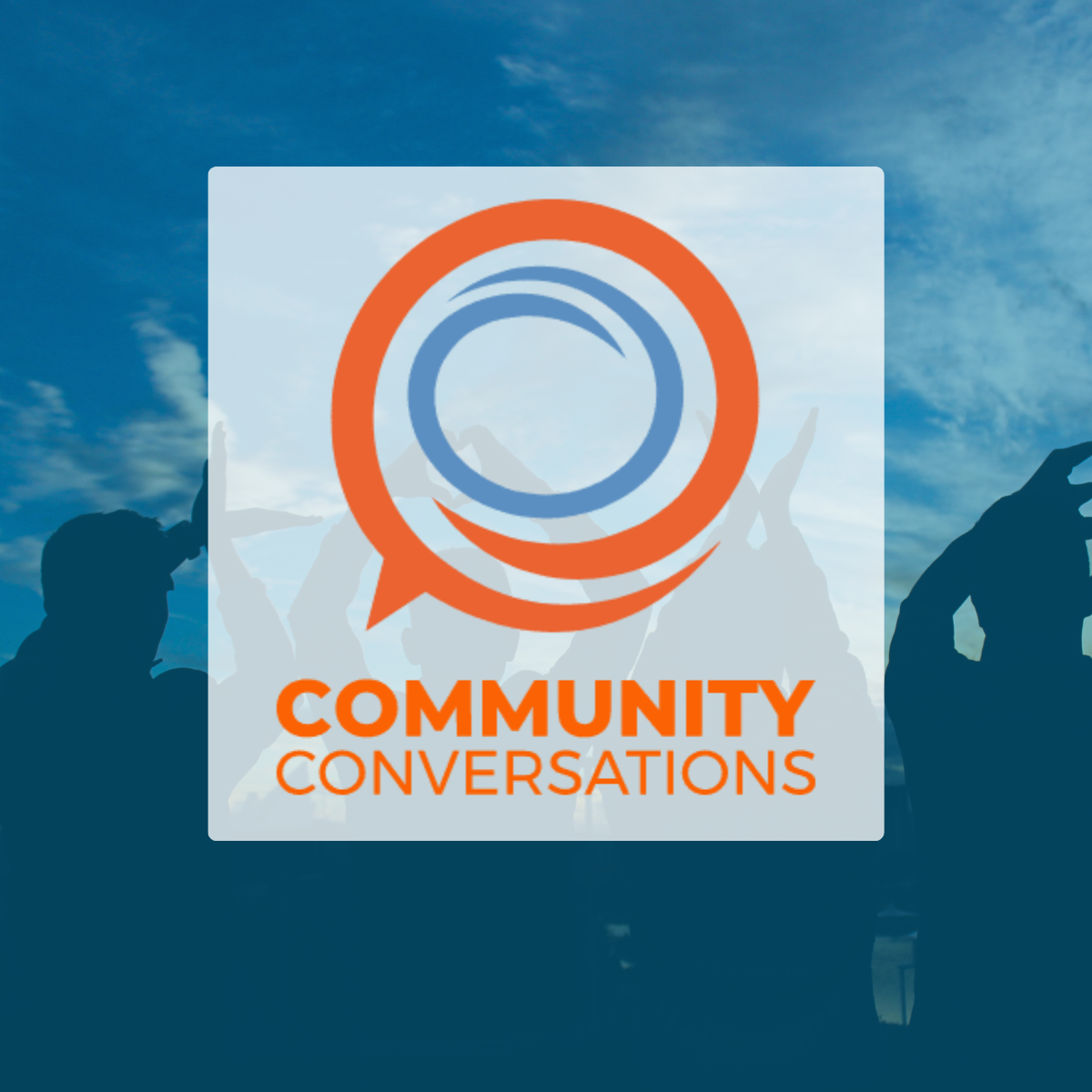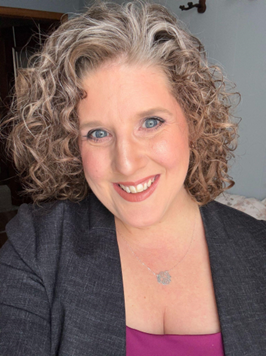
Community Conversation
Addressing Harm for LGBTQIA Individuals: How to Be an Advocate for Health Despite Challenges
Being an advocate for LGBTQIA+ individuals can start with simple measures, such as showing visible support. But what is needed more than ever now will require courage, consistency, and a willingness to speak up, especially within healthcare systems that may not always be inclusive. In this interactive session, we’ll explore what it means to interrupt harm in everyday advocacy work, from navigating microaggressions in care settings to challenging silence or avoidance when patients need support the most. We’ll also examine how current legal and political rhetoric is shaping health outcomes for LGBTQIA communities—and what advocates can do, individually and collectively, to push back against systems that perpetuate harm. Whether you’re new to LGBTQIA advocacy or looking to deepen your impact, this session will offer real tools to help you show up when it matters most.
Learning Objectives:
- Identify and disrupt everyday forms of medical harm—including bias, microaggressions, and silence—that contribute to unsafe environments for LGBTQIA individuals.
- Understand the current legal and political landscape affecting LGBTQIA rights and the direct impact this has on the physical and mental health of the community.
- Develop actionable strategies for allyship that go beyond performative gestures, focusing on advocacy, boundary-setting, and showing up in moments of conflict or risk.
About The Speaker –

Malynnda Stewart, PhD, BCPA is a board-certified patient advocate and the CEO of Compassionate Navigation, LLC. She believes that effective communication is a form of preventive medicine, reducing misunderstandings, improving health outcomes, and fostering trust between patients and providers. Through her consulting work, she equips patients, families, and healthcare professionals with the skills to navigate complex conversations with clarity, confidence, and compassion.
Malynnda also hosts the podcast Communication Compass, which is dedicated to helping individuals and organizations strengthen their communication skills in challenging situations. Her work empowers people to engage in meaningful, solution-focused discussions that lead to better relationships, improved well-being, and more inclusive environments.
